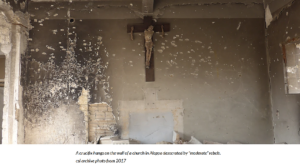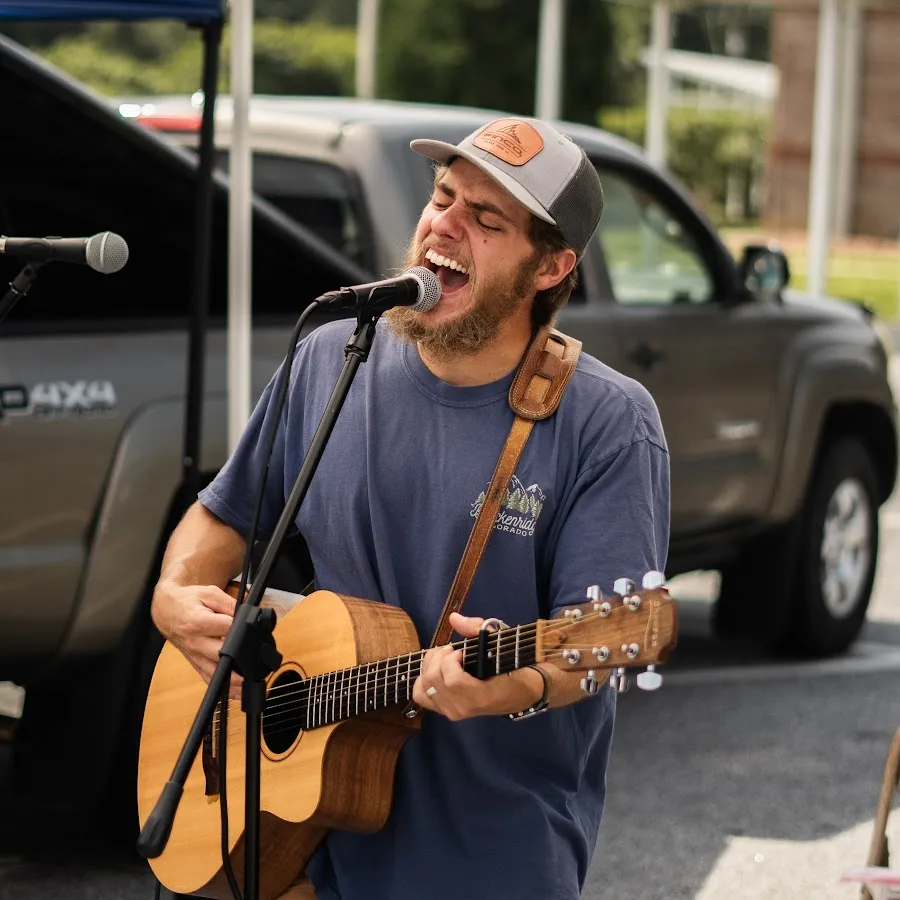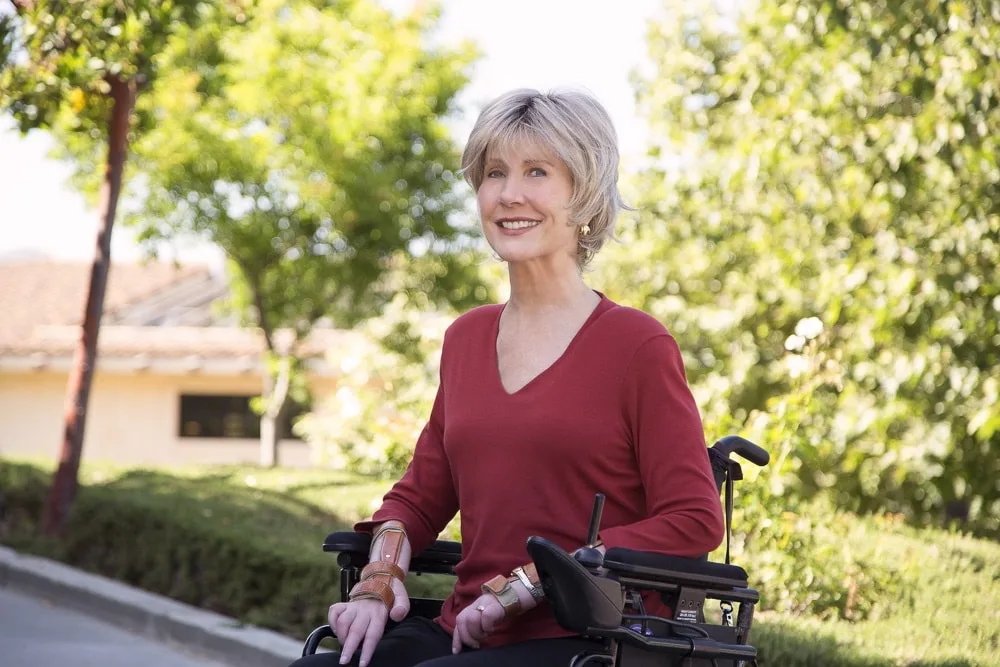For Immediate Release (Westlake Village, CA) — Islamist leaders of the Sunni Islamist group, HTS, have been promoting a narrative of tolerance for minorities in Syria since taking control of Aleppo. They are assuring civilians that they will “remain shielded from any targeting or threats based on sectarian or ethnic affiliation.” Christian Solidarity International’s (CSI) contacts in Aleppo confirm that, so far, Christians and religious minorities have been treated well by HTS and its allies. But HTS’ ideology and history give religious minorities in Aleppo serious reason to doubt these promises.
HTS and its predecessors have been fighting in Syria for 13 years; in Syria’s Idlib province, they have been in power since 2015. The Alawites, Druzes, and Christians comprise the three primary religious minorities under threat in Syria. Both Alawites and Druzes are Muslim minority sects that the jihadists consider heretical. Both groups have also relied on the Syrian government for protection from jihadist attacks, and the Alawites historically supported Syrian President Bashar al-Assad, also an Alawite, thus adding to the political tension with HTS.
Christians are not seen as heretics but rather a subjugated and protected class in HTS ideology. In practice, however, HTS has often targeted Christians throughout Syria in violent attacks and kidnappings, repeatedly killing Christian civilians and confiscating their property. Since 2012, the vast majority of Christians who lived in Aleppo or Idlib during the periods under the jihadists’ authority have fled.
Before Syria’s civil war began, Aleppo was one of Syria’s most Christian cities. Out of a prewar population of around 2 million, around 200,000 were Christians. Today, only about 20,000 Christians live in Aleppo. Many of those who left fled in the years 2012-2016, when al-Nusra and other jihadist groups occupied eastern Aleppo, driving Christians out of their homes and bombarding Christian neighborhoods in western Aleppo with rocket attacks. Only after the government reconquered eastern Aleppo in 2016 were Christians able to live in the city in safety.
HTS and its allies have also attacked Christians in other places in Syria. Throughout the civil war, Christians have been targeted with kidnappings, car bomb attacks on churches and Christian neighborhoods, and even worse violence. In September 2013, al-Nusra fighters overran the Christian holy city of Ma’alua in the mountains north of Damascus, kidnapping nuns and driving out the Christian population. When al-Nusra fighters and their allies occupied the Christian town of Sadad in October 2013, they killed at least 41 Christian civilians and used others as human shields.
Unsurprisingly, when al-Nusra and its allies conquered Idlib province in 2015, nearly the entire Christian population of 10,000 fled. Others were killed or kidnapped, and their property confiscated. Only 300 Christians remain in Idlib today.
But since 2015, church leaders in the province have established a working relationship with HTS and its leaders. In recent years, al-Jolani has begun to regularly visit Christian villages in Idlib to reassure them. The Christians who have remained in Idlib have received some, but not all, of their confiscated property back.
In the Salafist worldview that animates HTS, Christians are not heretics to be destroyed (like the Alawites and the Druzes), but “people of the Book” – followers of religions that were revealed before the coming of the prophet Muhammad. In lands ruled by Islam, they should be made “dhimmis” – a protected people who are kept in legal subjugation and pay an additional tax called the jizya.
Until now, HTS has avoided imposing dhimmi status on Christians in Idlib by referring to them as musta’min, or temporary residents. A key test is now approaching: HTS forces are bearing down on the Greek Orthodox town of Muharda. Throughout the war, the residents of Muharda have resisted rebel attacks on their town.
On December 5, al-Jolani issued a message to the residents of Muharda, telling them that, “we have treated the sons of the Christian religion well in Idlib and Aleppo, and in the same way we will protect you and your property.”
Given the history of Syria’s civil war – and the reality of what Christians in Idlib and Aleppo experienced at HTS’ hands – this promise is unlikely to be believed. And a violent encounter between HTS and Muharda’s Christian defenders could clear the way for more attacks on Christians, rooted in jihadist ideology.
With this new offensive, the jihadists of HTS have conquered a large swath of territory home to tens of thousands of religious minorities. They are poised to advance farther, into lands home to numerous Alawites, Christians, and other religious minorities.
In Aleppo today, CSI’s sources say an uneasy calm reigns. Even in the reprieve from the bombing, as people who had been sheltering indoors begin to emerge from hiding, Christians are living with uncertainty day to day, hour to hour, in great need of prayer.


















![Micah Ariss – Northern Star [Official Lyric Music Video]](https://cmaddict.com/wp-content/uploads/2025/09/Micah-Ariss.webp)



Leave a Reply